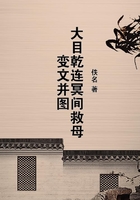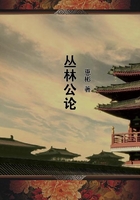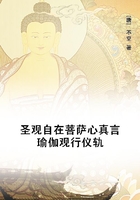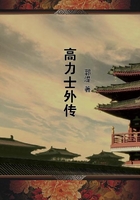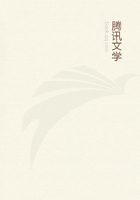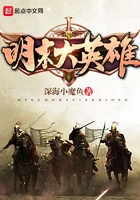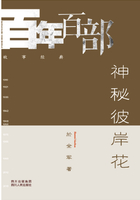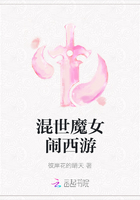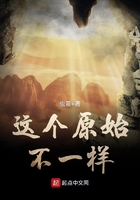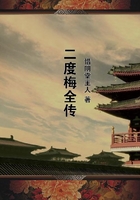The ruin of Italy and Rome, caused in great measure by the absence of the Popes during their residence at Avignon, roused all the patriotic instincts of Petrarch, and urged him to strive with all his might for the restoration of the ancient glory of his country. Hence in his politics he was strongly nationalist, and hence, too, he threw the whole weight of his influence on the side of Cola di Rienzi, when in 1347 the latter proclaimed from the Capitol the establishment of the Roman Republic. Nor did he hesitate to attack the Popes, to whom he was indebted so deeply, for their neglect of Rome and the Papal States, as well as for the evils which he thought had fallen upon Italy owing to the withdrawal of the Popes to Avignon. He himself strove to awaken in the minds of his countrymen memories of the past by forming collections of old Roman coins, by restoring or protecting wherever possible the Pagan monuments, and by searching after and copying manuscripts of the classical writers. In poetry, Virgil was his favourite guide. As a rule he wrote in Italian, but his writings were saturated with the spirit of the early Pagan authors; while in his pursuit of glory and his love for natural, sensible beauty, he manifested tendencies opposed directly to the self-restraint, symbolism, and purity of the Middle Ages. His longest poem is /Africa/, devoted to a rehearsal of the glories of ancient Rome and breathing a spirit of patriotism and zeal for a long lost culture, but it is rather for his love songs, the /canzoni/, that he is best remembered.
Petrarch, though a Humanist,[4] was no enemy of the Christian religion, nor did he imagine for a moment that the study of the Pagan classics could prove dangerous in the least degree to revealed religion. It is true that his private life did not always correspond to Christian principles of morality, and it is equally true that at times his patriotism led him to speak harshly of the rule of the Popes in Italy and Rome; but he never wavered in his religious convictions, and never recognised that Pagan literature and ideals should be judged by other than current Christian standards.
The example of Petrarch was not followed, however, by several of the later Humanists. His friend and disciple, Boccaccio (1313-75), imitated his master in his love for the classics and in his zeal for classical culture, and excelled him by acquiring, what Petrarch had failed utterly to acquire, a good knowledge of Greek. Like Petrarch, he was assisted largely by the Popes, and took service at the papal court. But his views of life and morality were coloured by Paganism rather than by Christianity. Many of his minor poems are steeped in indecency and immorality, and reflect only too clearly the tendency to treachery and deceit so characteristic of the Italian rulers of his day; while the /Decameron/, his greatest work, is more like the production of a Pagan writer than of one acquainted with Christian ethics and ideals. He delighted in lampooning the clergy, particularly the monks, charging them with ignorance, immorality, and hypocrisy.
Such a line of conduct was not likely to recommend the apostles of the new learning to the admirers of Scholasticism, nor to create and foster a friendly alliance between the two camps. Yet, personally, Boccaccio was not an enemy of Christianity, and never aimed, as did some of the later Humanists, at reviving Paganism under the guise of promoting literature. He was unshaken in his acceptance of the Christian revelation, and, as the years advanced, he began to realise the evil of his ways and the dangerous character of his writings.
Strange to say, it was to a body of the monks, whom he delighted in attacking, that he bequeathed the valuable library which he had brought together with such labour.
Had the Humanists contented themselves with advocating merely a return to classical studies, and had the Scholastics recognised that philosophy was not the only path to culture, it might have been possible to avoid a conflict. But, unfortunately for religion, there were extremists on both sides. On the one hand, some of the later Humanists, influenced largely by the low moral tone of the age, aimed at nothing less than the revival of Paganism, pure and simple; while, on the other, not a few of the Scholastics insisted strongly that Pagan literature, however perfect, should have no place in Christian education. Between these two conflicting parties stood a large body of educated men, both lay and cleric, who could see no irreconcilable opposition between Christianity and the study of the classics, and who aimed at establishing harmony by assigning to the classics the place in education willingly accorded to them by many of the Fathers of the Church.

